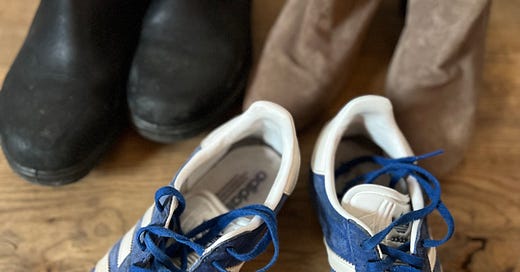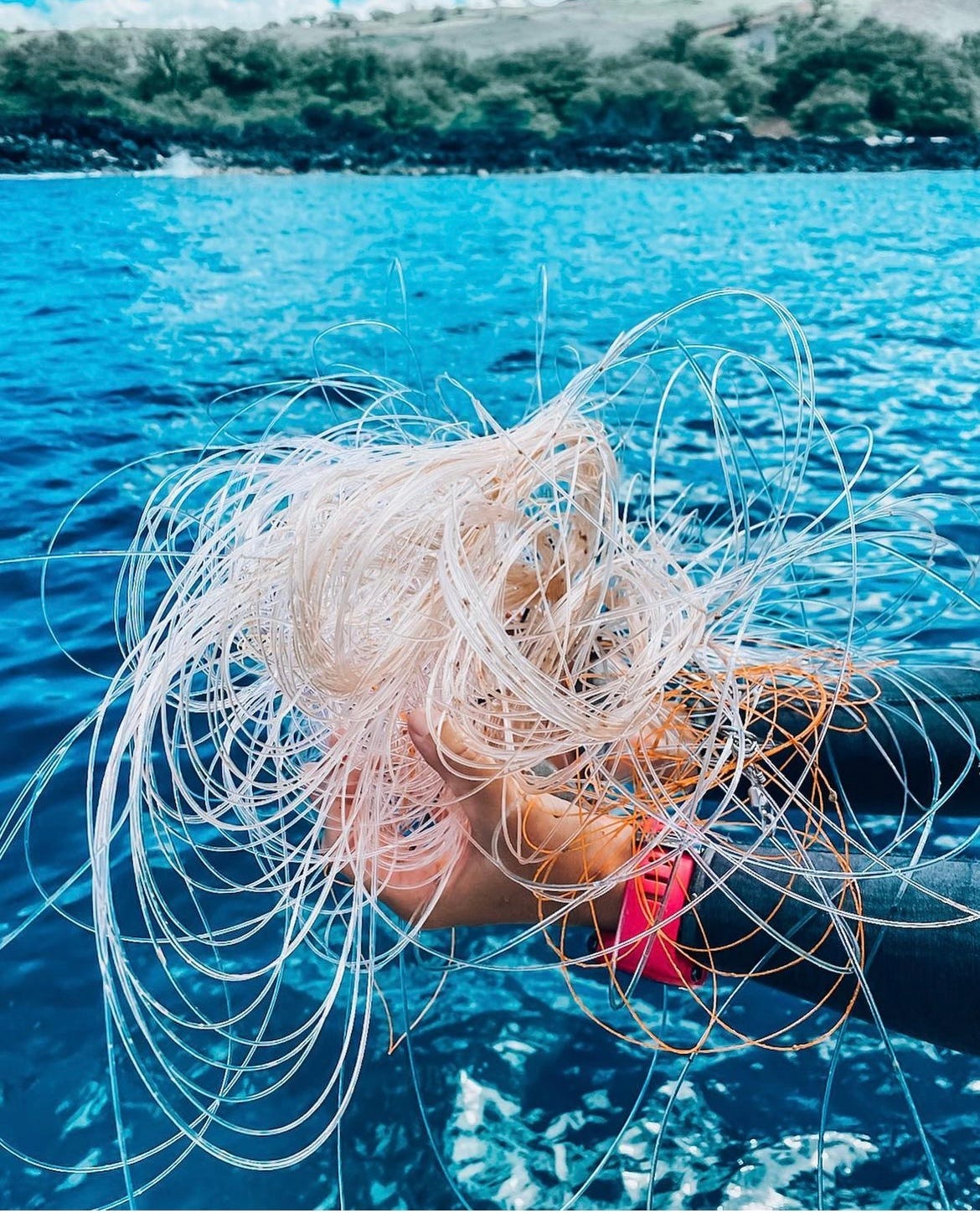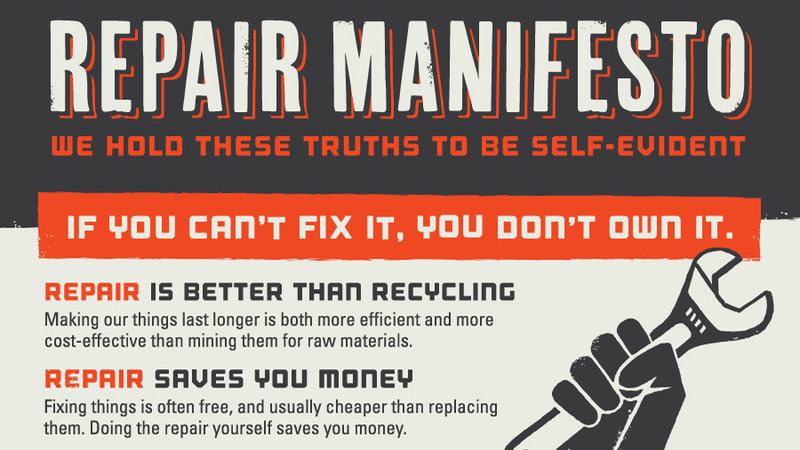Newsletter #27
If it can't be reduced, reused, repaired, rebuilt, refurbished, refinished, resold, recycled or composted, then it should be restricted, redesigned or removed from production- Pete Seeger
Hello Friends!
Welcome to all new subscribers and a big thank you to all paid subscribers!
I love to think about how everyone lived many decades ago when food was organically grown and everything was reused or repurposed. It thrills me that people are increasingly integrating old-fashioned ways into their modern convenience-filled lives and making conscious choices that reduce our use of natural resources, all the while understanding the urgency to protect and sustain them.
In this issue you’ll learn about a new law passed in New York state, which Pete Seeger would have been very happy about; an alternative ingredient in the making of the current toxic process of battery production; what 90, 000+ deep sea divers are doing around the world; a healthy habit to adopt and a must see movie.
#1-Leave Your Shoes at the Door
-It’s good for you-
Did you know that the simple action of leaving your shoes by the door as soon as you enter your home prevents bacteria, lead, pesticides and chemicals from being tracked indoors? This is one of the best ways to reduce your exposure to toxins.
Your floors will be cleaner too! This is especially important if you have young children, who spend a lot of time playing on the floor. A study was done which showed that wearing your shoes indoors was a larger source of children’s exposure to pesticides than eating non-organic fruits and vegetables.
Many cultures practice the removal of footwear upon entering their homes, and slip on comfortable house shoes that are reserved for indoor use only. Taking off your shoes allows you to physically and mentally leave the dirt of the world outside.
One of the trends I have noticed happening in the Hudson Valley: visitors are bringing their own indoor shoes with them, slipping them on as soon as they walk through the door, and after they have removed their outdoor shoes.
Read more about shoes off by the door
#2-Diving for Debris
-People doing good-
If you dive or know someone who does, join the over 90,000 other worldwide who have picked up more than 1.8 million pieces of marine trash- so far.
Backed by the power of the PADI® brand and supported by the world’s largest global network of 6,600 dive centers and resorts and more than 128,000 professional members worldwide, PADI AWARE Foundation fully leverages the collective influence of divers and the dive industry to address key threats facing the marine environment.
Connect with DIVEAGAINSTDEBRIS. Their website shows where you can find a local diving group or get involved with one if you are traveling to a location that has one. The map represents the largest underwater citizen science database and movement for marine debris on the planet. Explore to discover the types and amounts of debris over 90,000 Torchbearers around the world have removed and reported from underwater environments since 2011.
Love all the divers who are helping to clean up the oceans of marine trash! If I was a diver, I would join in and help. Instead, I pick up trash debris along the riverbed by my house and along the road, before it has a chance to end up in the river.
Learn more at PADI and at Divefordebris
#3-A Natural Alternative to Lithium
-People coming up with solutions-
As demand for electronics and electric vehicles grows, so does the need for batteries to power them. Lithium mining is bad for the environment from depleting and contaminating local water sources to degrading the land and negatively impacting biodiversity due to loss of their habitat.
There is some good news!
Recently, a new source for battery making material has been found using a sustainable seafood material: seafood waste. A substance, chitosan, can be rendered from the hard shells of crabs, shrimps, and lobsters.
Chitosan can be made into a biodegradable electrolyte for zinc batteries, a potential alternative to lithium ones.
By combining this chitosan electrolyte with zinc, a naturally occurring metal increasingly used to make batteries that are cheap and safe, they were able to create a renewable battery.
The battery is 99.7% energy efficient even after 1,000 battery cycles, which is about 400 hours. This means they can be quickly charged and discharged without significantly affecting their performance.
The batteries are not flammable and the two-thirds of the battery made of chitosan can break down in soil thanks to microbial degradation in just five months, leaving behind recyclable zinc. The design of new batteries that are respectful of the environment, cheap and producing high discharge capacity is one of the more important items that must be developed in the coming years.
Sources : National Geographic and The Guardian
More info about Lithium mining, read here
#4-The Right To Repair Law
-the one that Pete Seeger would support!-
Just weeks ago, New York State passed the nation’s and the world’s first Right to Repair bill. The new law requires electronics manufacturers to make product repair tools, parts, and instructions available to consumers and independent shops. With many and more affordable options, it’s easier for New Yorkers to fix their electronics (yes, phones and laptops too). And that means less Stuff going to waste.
This isn’t just a step forward for New York, though. Passing this first-of-its-kind law opens the door for other states to follow suit. It also sets the bar for tech companies, potentially pushing them to standardize the practice.
From tech to clothing to home appliances and even farm equipment, global citizens are increasingly advocating for more fixing and less wasting. It’s a common sense practice that’s good for people and the planet. Now that’s a fix we can get behind.
Tech isn’t the only industry that needs less wasting and more fixing. Watch a video about a repair model that could save the fashion industry's environmental impact:
#5-Movie to Watch
Seeding Change: The Power of Conscious Commerce
20 years ago, a young group of social entrepreneurs started a company to sustainably harvest açaí berries in the Brazilian Amazon. They joined a movement of purpose-driven companies looking to change the world through an alternative economic model. These "triple bottom line" businesses measure success not only financially but also socially and environmentally. Their practice of "conscious commerce" offer solutions to some of today’s most pressing social and environmental issues. This award-winning documentary empowers viewers to be part of the solution by "voting with their dollars" and supporting brands and products that make positive change for the planet.
Watch the trailer:
Watch the movie via Youtube or Amazon Prime:
My Rabbit Hole on-site shop near Hudson, New York, will be taking a break from February 5th until March 3rd. You can still stop in by this weekend! All orders in my online store Priscillawoolworth.com will be shipped by February 9th and then on hiatus till February 24th.
Follow me on Instagram at Priscilla Woolworth, for all my latest news!
Wishing you well,
All the best,
Priscilla










